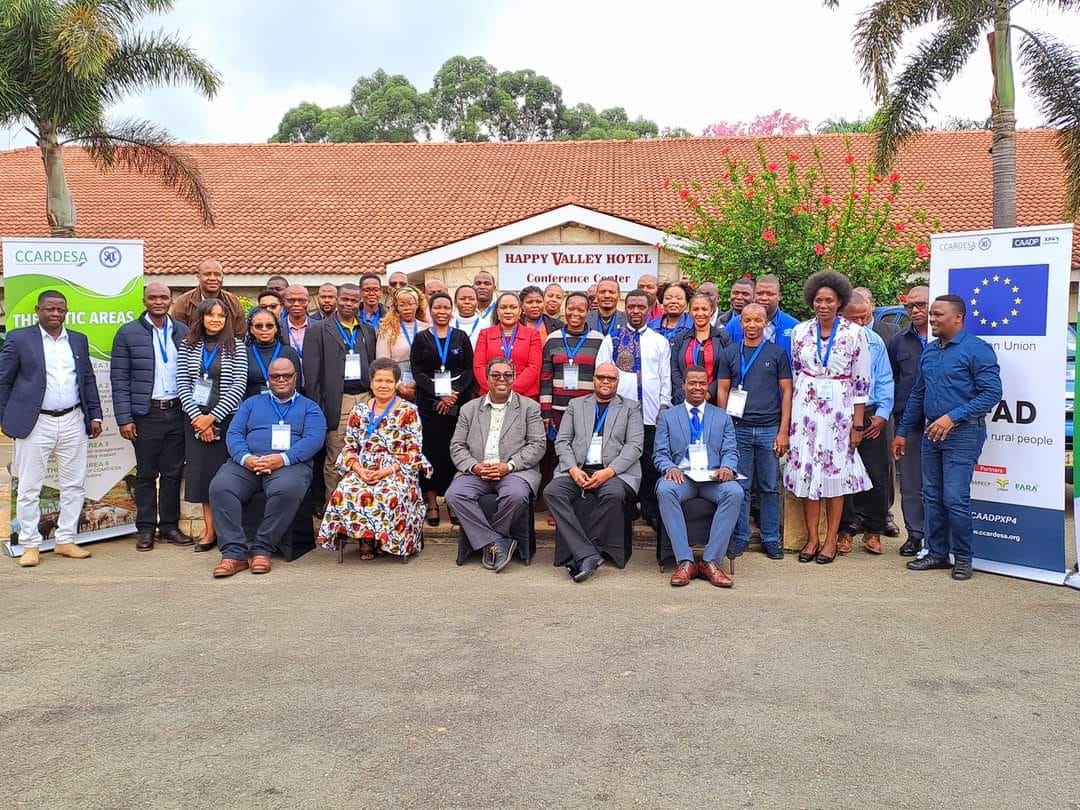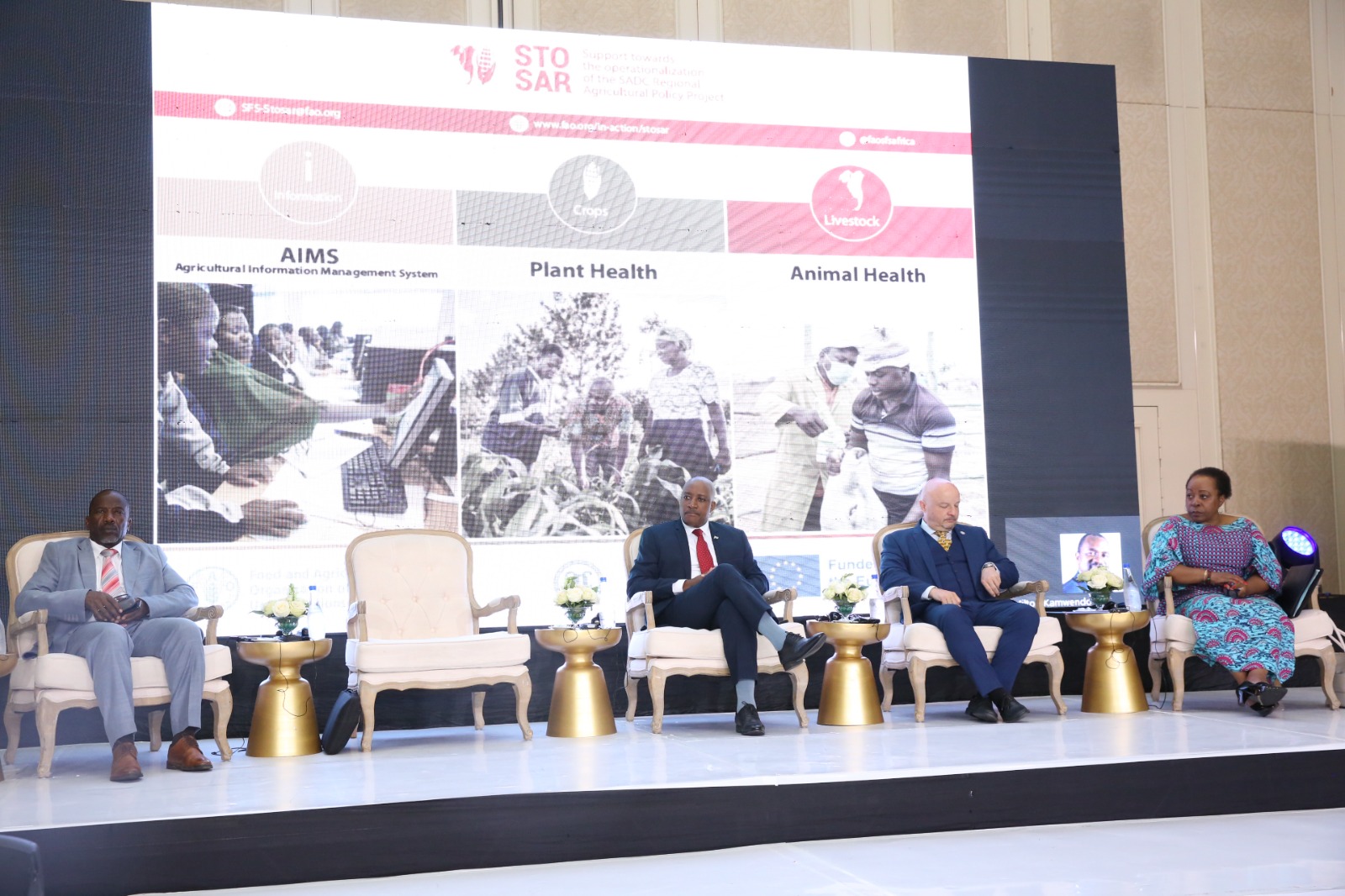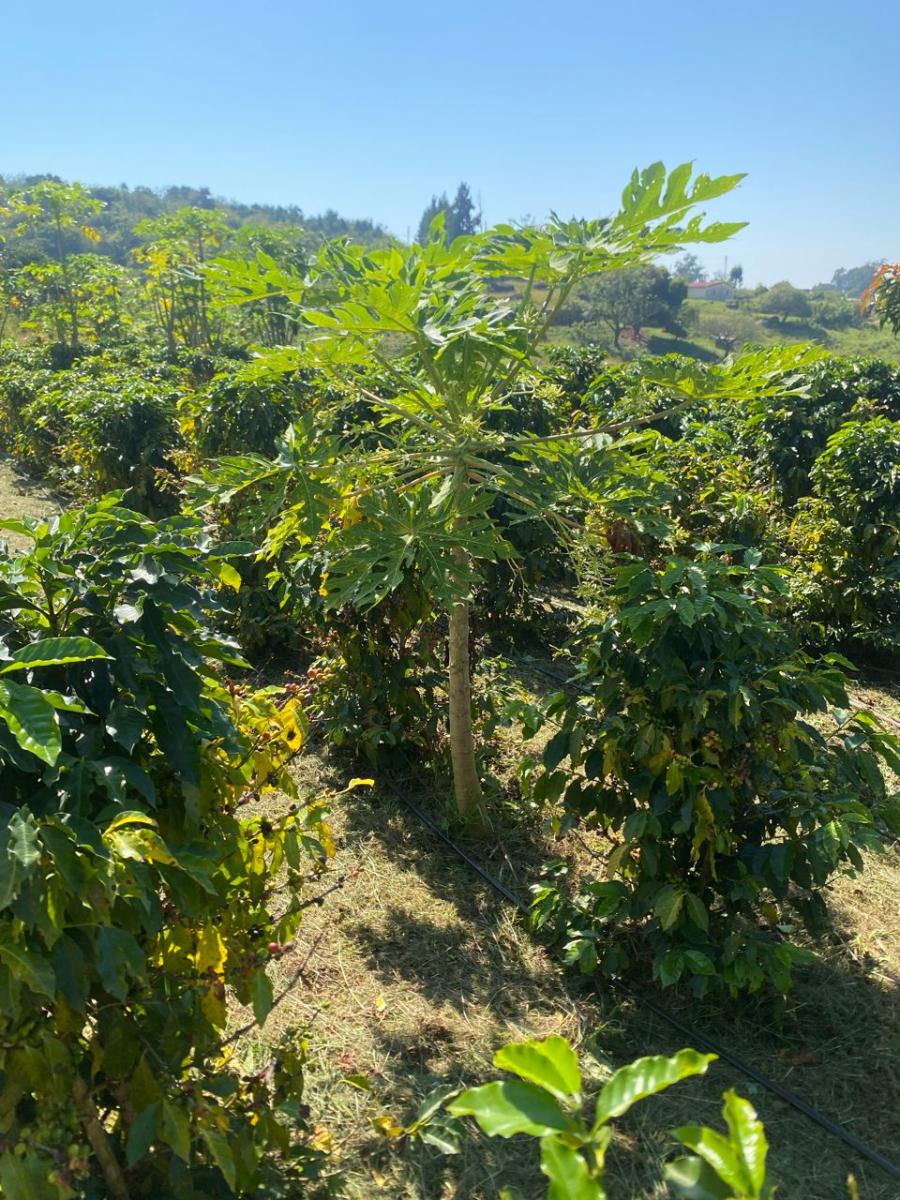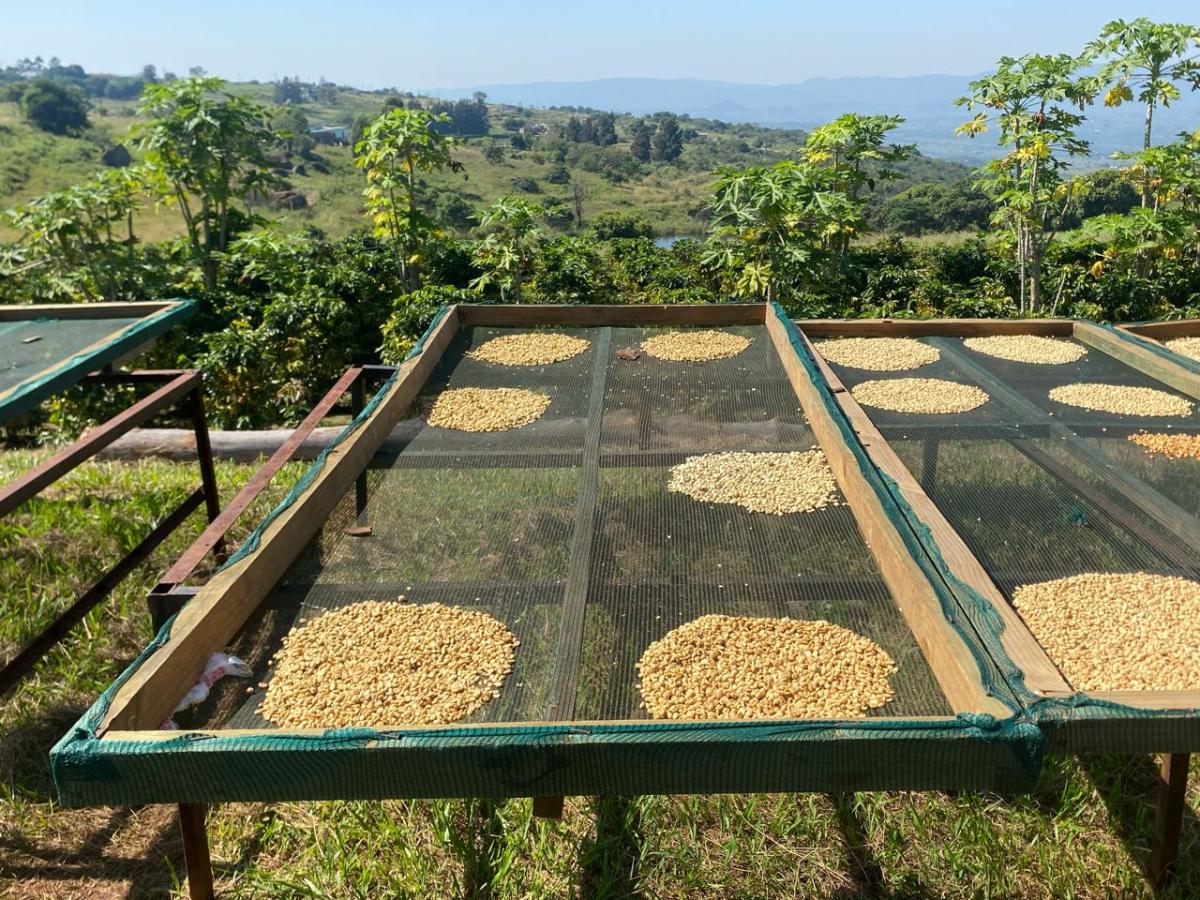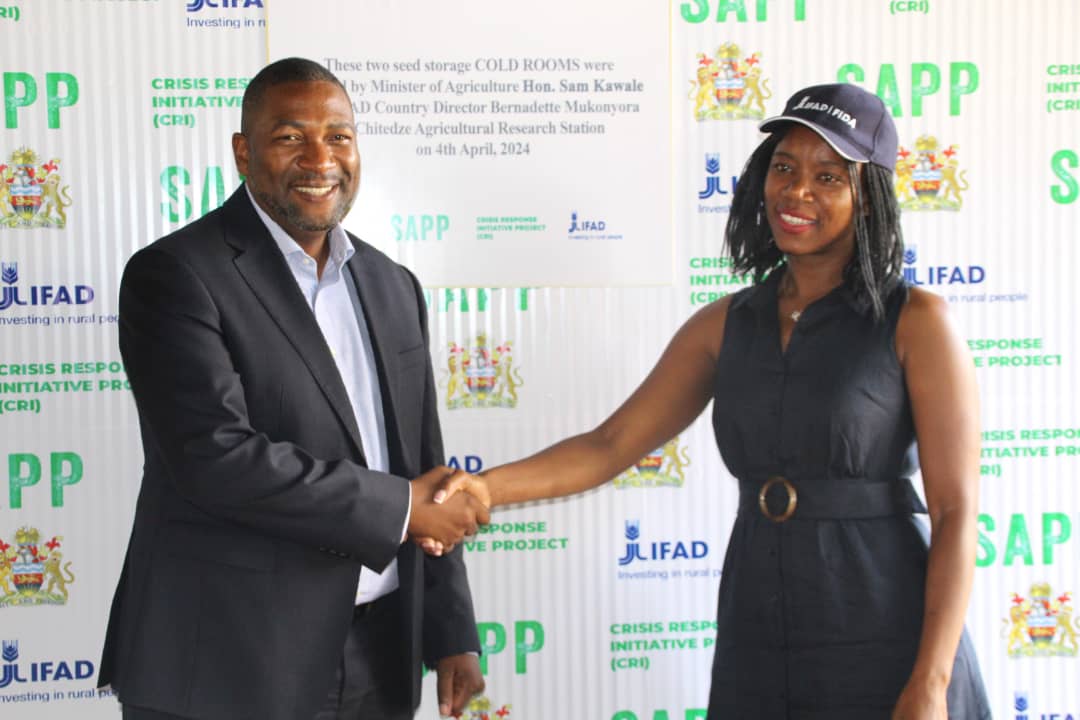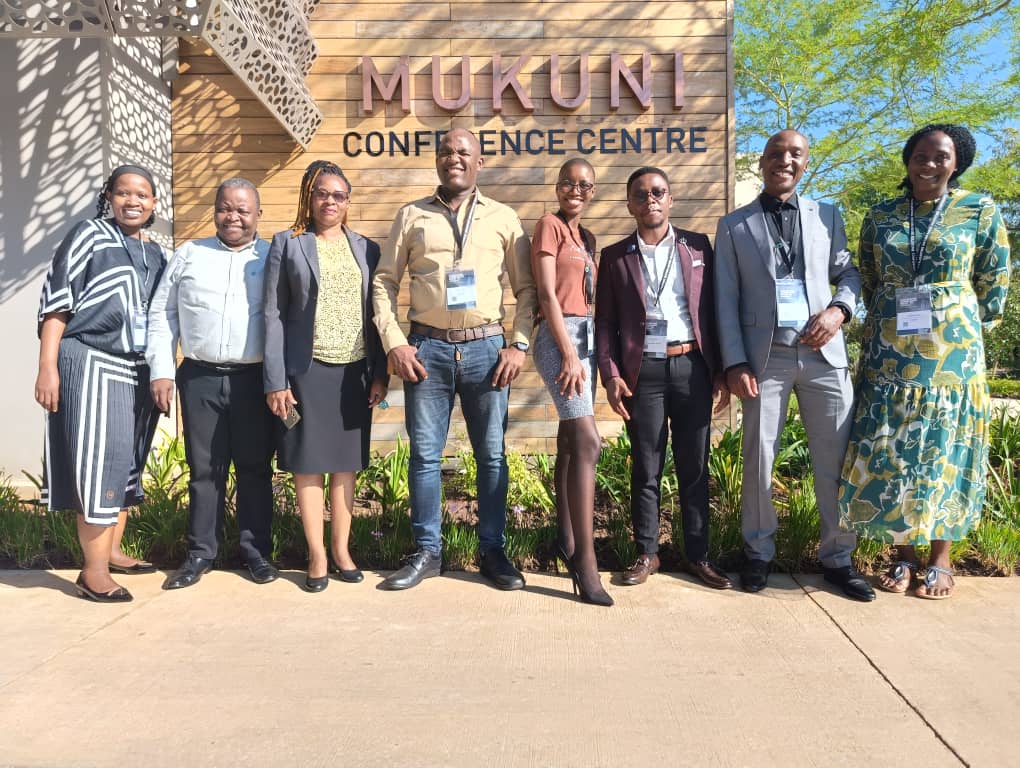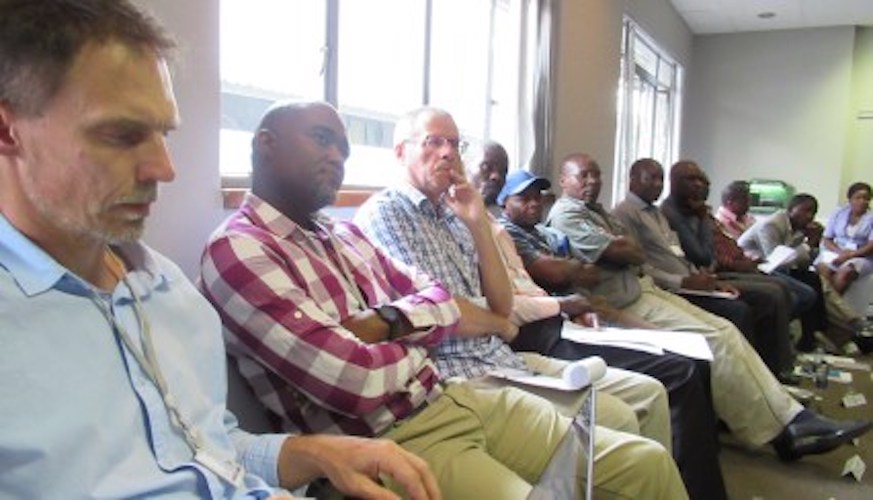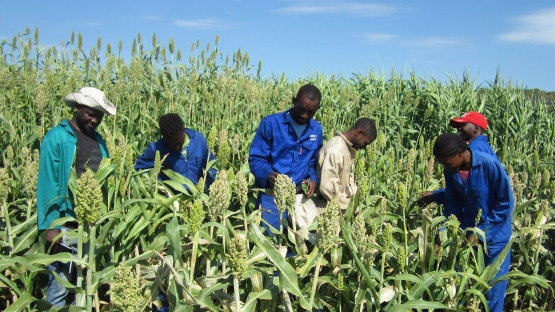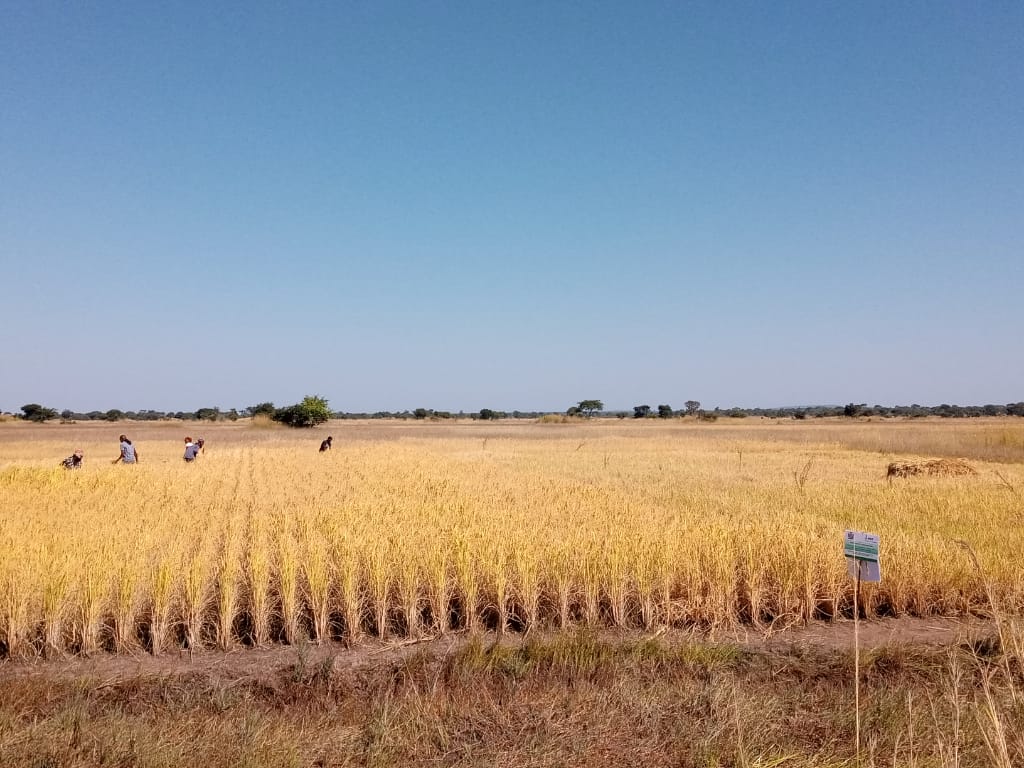Manual of Good Practices in Small Scale Irrigation in the Sahel
The manual is targeted at small-scale irrigation actors – particularly technical services, projects and programmes with the potential to develop their own good practices for use by others in the sector. e manual o-ers guidance to newcomers, helping them to identify existing successful practices. It will also serve to guide state and TFP services in their development of new programmes and projects. Lastly, this good practice manual will enable Malian actors to share their know-how with other countries within and beyond the sub-region.
Ministry of Rural Development, Mali
Small-scale Irrigation
Irrigation
Sahel
Planning
Infrastructure
Storage
Marketing
Nill, D. and Mushinzimana, G. 2014. Manual of Good Practices in Small Scale Irrigation in the Sahel - Experiences from Mali, Deutsche Gesellschaft für internationale Zusammenarbeit (GIZ) GmbH, Bonn and Eschborn, Germany


